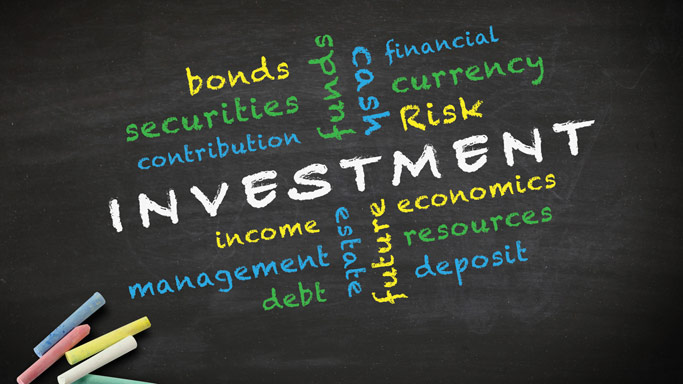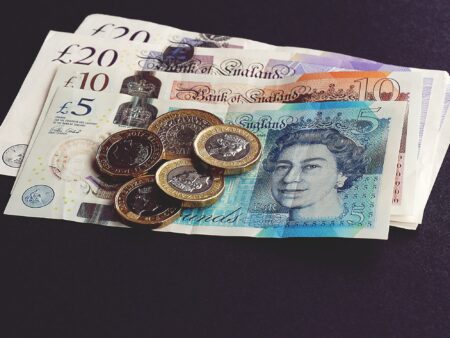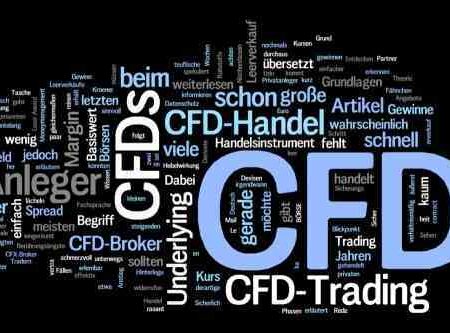
Starting and growing a small business is no walk in the park. It takes a lot of time and effort to build the foundations of a successful business. The majority of startups go bust in the first year, with cash flow issues the primary cause. You need money to start a business and money to keep it going – without money, you are doomed.
When a startup needs cash, they are most likely to apply for a business loan before anything else. If that fails to work, or the business idea is unconventional, the next best strategy would be to use a crowdsourcing site to invite investment.Besides crowdsourcing, there are also other methods of obtaining financing for your startup, such as: private equity funding, venture capital or governmental schemes. For example, if you intend to form a new company in Singapore, or starting a company in Japan you should know that the local Government offers grants and public equity financing tools. Similar financing options are available for businessmen interested in setting up a Hong Kong business. It’s not always easy to secure startup funding, but once you have enough startup capital to move forward, your next problem is working capital.
All businesses need working capital. This money pays for the everyday expenses such as employee payroll, buying stock, paying operating expenses, and funding research and development. Without working capital, your cash flow will dry up and the business will fail. You need to manage your finances carefully, but a well-informed business owner can boost his cash reserves with some smart investment strategies – and here’s how.
Before you start looking into mutual funds and other investments, think about your risk profile. Investing in anything is never risk-free; if it was, we would all be as rich as Warren Buffet is. However, some investments are riskier than others are, but what you will find, is the riskier the investment, the more gains there are to be made. The trick is to balance your appetite for risk with the returns you want from your investment. Try to find a balance.
Invest in Assets
Assets are a long-term investment, so this won’t be a suitable strategy if you need a short-term return. Property is a good example of a long-term investment. The majority of the time, property appreciates, so if you invest in a new warehouse for the business, in ten years’ time, you could sell the property and realize a profit. However, it’s important to do the math, and if you don’t have sufficient cash reserves in place, it may not be wise to tie up your money in a fixed asset.
Mutual Funds
Mutual funds are managed by a fund manager, so they are a useful investment for people with no experience. Choose a fund to invest in and decide how much of your money you are willing to part with. As long as the fund is well managed, your investment should grow over time.
Exchange Traded Funds
Exchange Traded Funds (ETFs) work in a similar way to mutual funds, except you are tracking an index rather than individual stocks. You can buy ETFs from brokers. They are useful short-term investments for investors, especially if you want to access foreign markets, or gain exposure to oil or gold.
Minimize Your Outgoings
Monitor your investments closely and be prepared to rethink your strategy. Returns on investments vary on a day-by-day basis and are usually linked to the economy. It is a good idea to educate yourself on what’s happening in the financial markets, so you can sell before the price of your stock or asset falls too far. Once you have a great investment portfolio set up, look at reducing your business taxes and other outgoings to improve your cash flow.
Diversify your investment portfolio and don’t forget to factor in the cost of investment. There will always be fees to pay if you use a broker. Lastly, don’t invest what you can’t afford to lose, or you could place your business in jeopardy.
Calculate your taxes with this Dutch tax calculator >>





![Binance Review: How the Crypto Exchange Works [2024]](https://www.feedroll.com/wp-content/uploads/2024/03/binance-trading-100x100.png)



